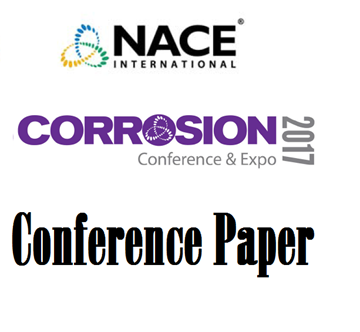Search
090560 Thermodynamic Analysis of the Formation of Black Powder in Sales Gas Pipelines
Also Purchased
11088 Analyses of Black Powder in Natural Gas Pipeline
Product Number:
51300-11088-SG
ISBN:
11088 2011 CP
Publication Date:
2011
$20.00
08415 Black Powder in Gas Transmission Systems
Product Number:
51300-08415-SG
ISBN:
08415 2008 CP
Publication Date:
2008
$20.00
Black Powder Formation by Dewing and Hygroscopic Corrosion Processes
Product Number:
51317--9029-SG
ISBN:
9029 2017 CP
Publication Date:
2017
$20.00




